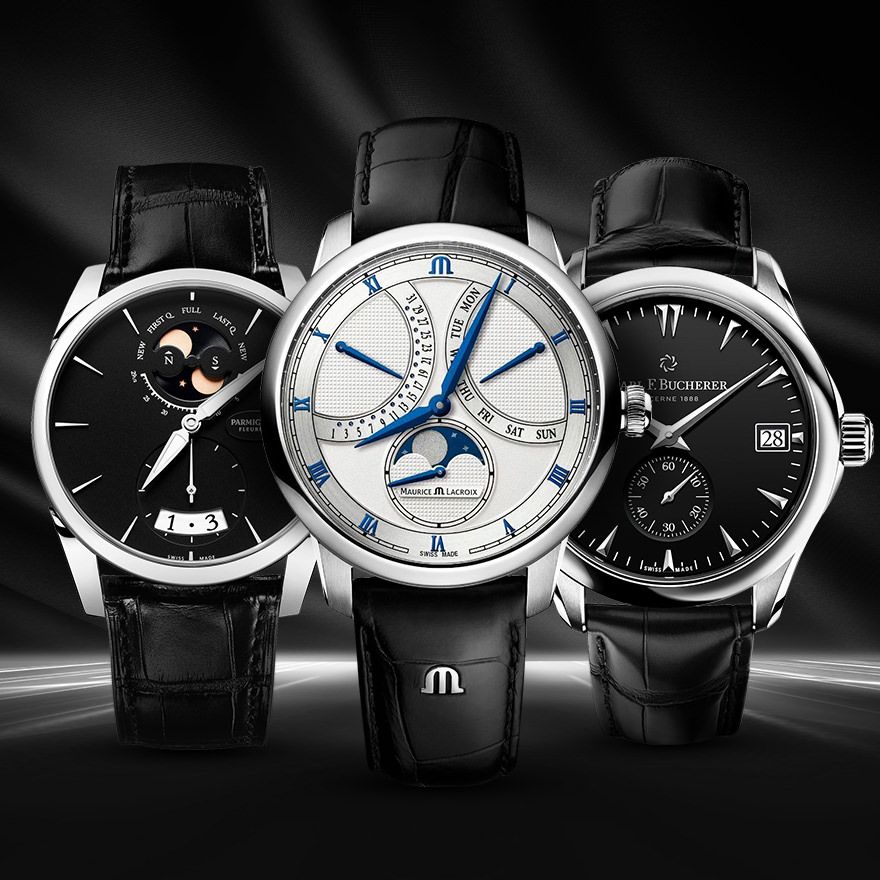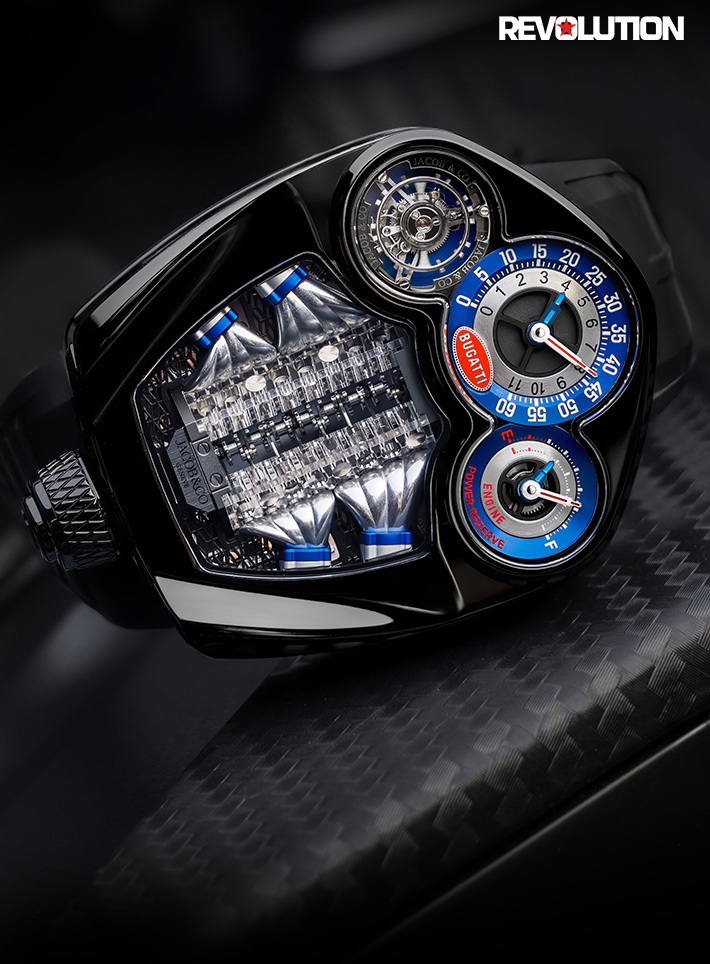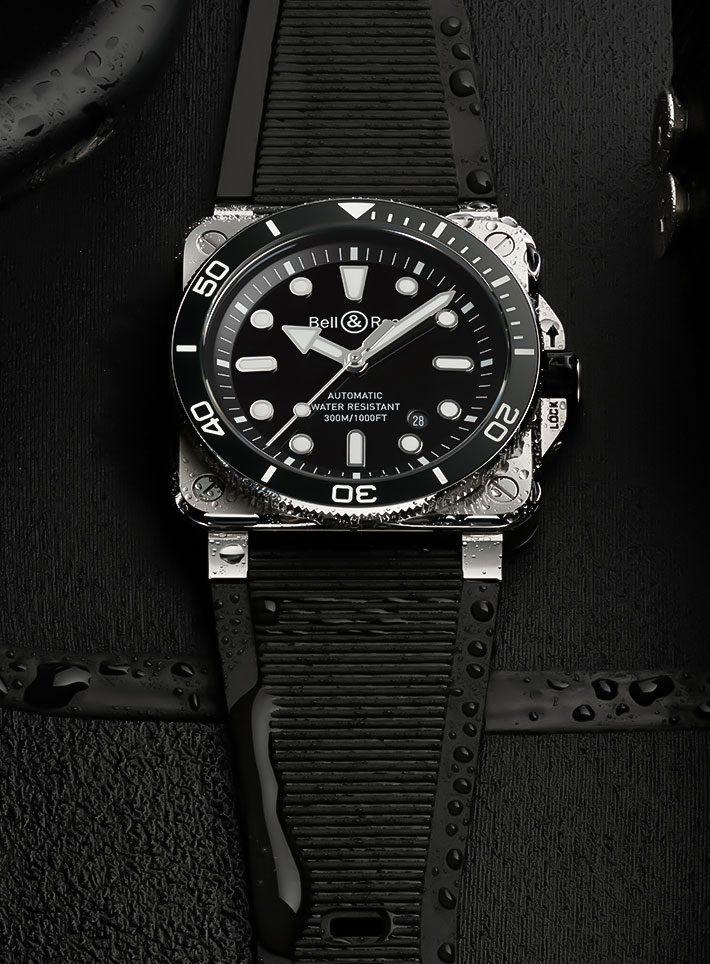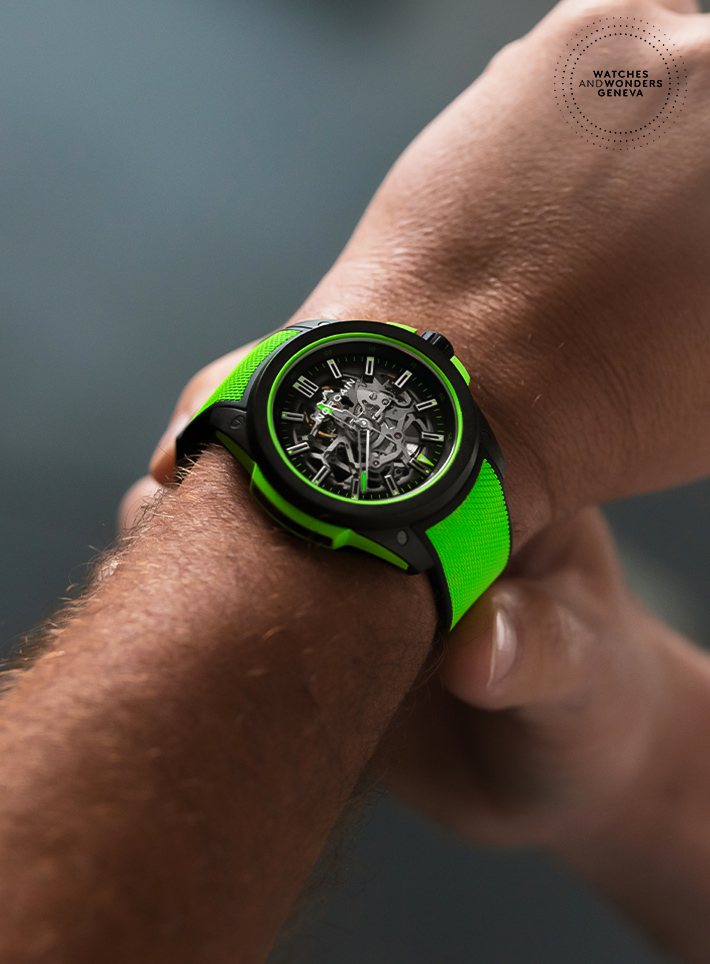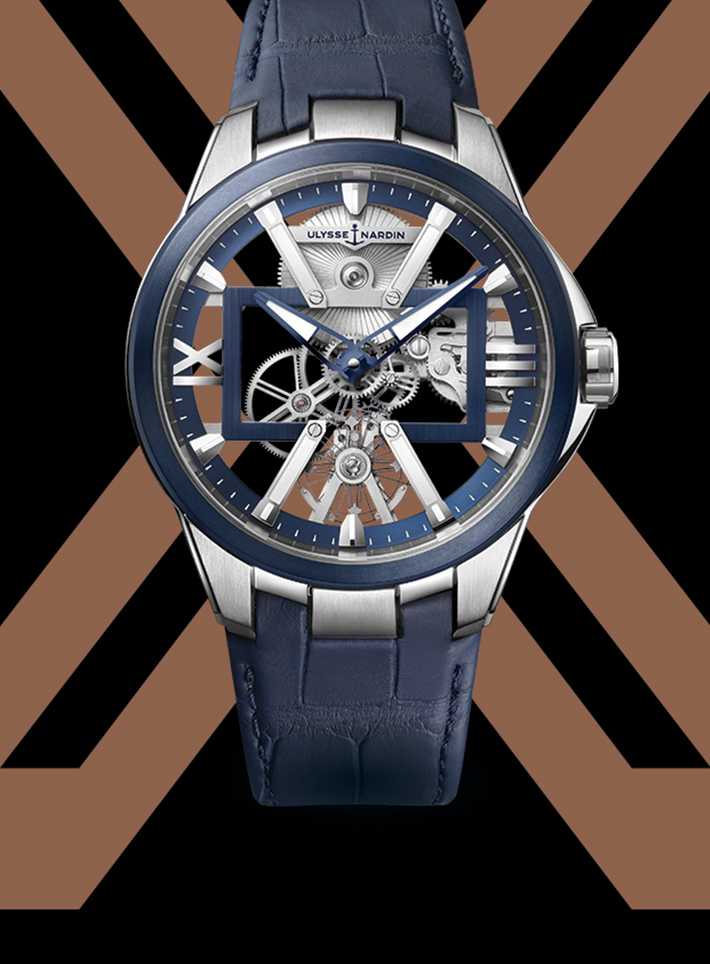Q&AZenith’s New Chief On Knowing The Brand Early On, And His Vision For The Future
Recently appointed as the CEO of Zenith, Benoit de Clerck sat down with us to talk about his approach to the brand, how he plans to maintain the brand’s DNA, even as he looks for opportunities for updates and improvements. While he speaks about refreshing collections and the planning process, he also mentions how he’s followed the brand since he was much younger. Here are excerpts from the interview
May We Recommend
Could offer your perspective on the 2024 Watches and Wonders novelties—the new Skyline and Revival, etc?
The novelties for Watch and Wonders 2024 are about the chronograph and the Defy Skyline. We have the Skyline in three colours—blue, black and white. And it’s very peculiar. Why is that? Because it has a lot of features. The first feature is that it has 1/10th of a second counter instead of the small seconds. Secondly, the dial has a pattern of stars. Thirdly it’s the shape of the case, with 12 sides, outside, but inside as well. Not a lot of brands do this because only it’s easier to do a round inner side. This shows the detailing in design and execution.

Another important feature is the fact that you can remove the strap lock very quickly, and exchange between straps. And finally, there’s the open caseback. It’s important because the watch runs on an El Primero movement, and it’s a premier movement, showing the specialty or pedigree of Zenith.
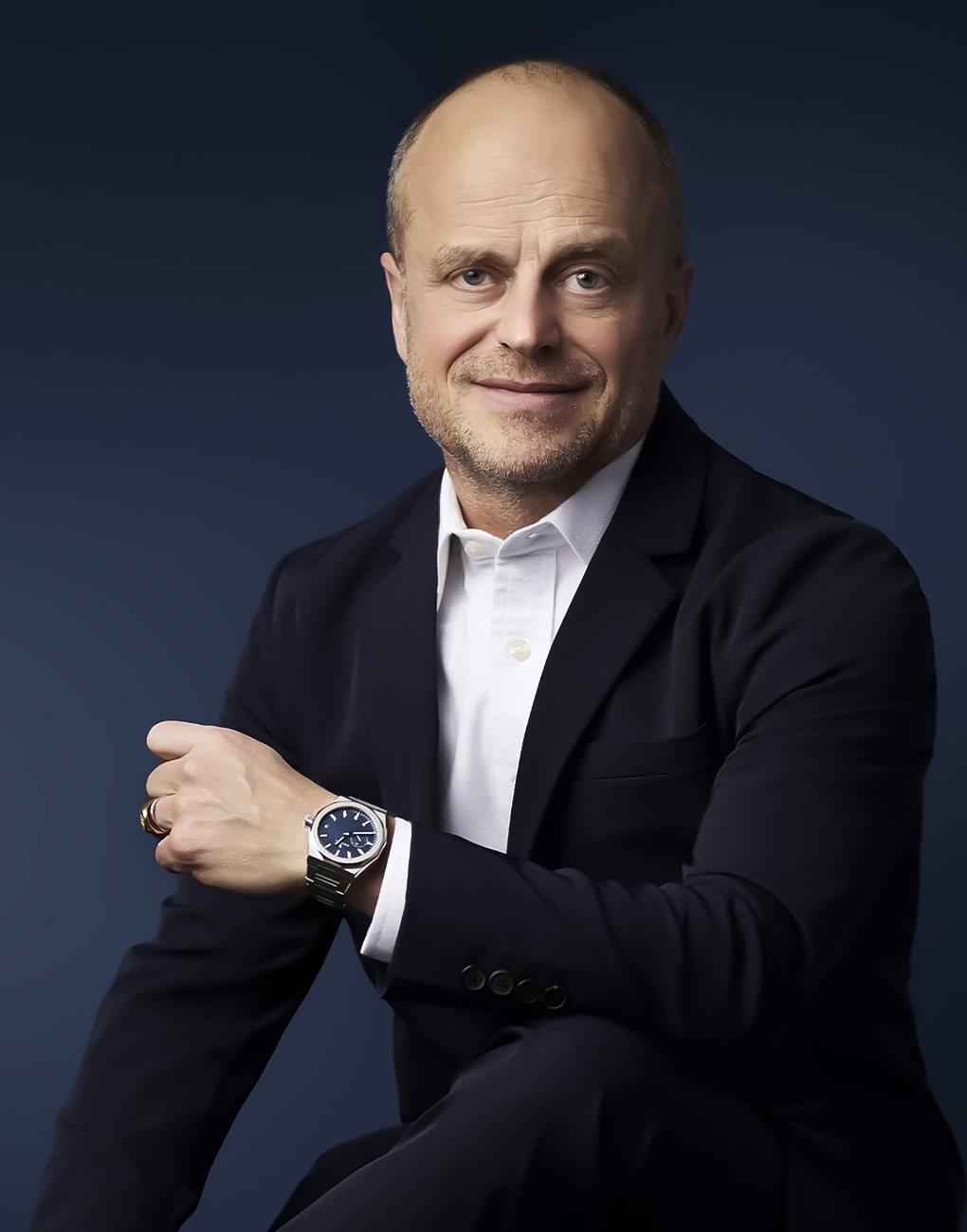
How far in advance is your launch calendar planned?
It depends on the complications. You know, to develop a movement, it can take three to five years. We can still tweak a lot a couple of things, if updates are not major, but not when there’s a major development with the movement.
How is it decided that a that a collection needs a new complication or new feature? For instance, there’s the Skyline with the tourbillon this time?
This is a very good question. We try to have a complete collection and we felt with the Defy Skyline, it was natural to have a tourbillon, just like the chronograph was a natural progression in the development of the collection. However, when we launched the three hands three years ago, we had a lot of requests from collectors. Collectors are very important for us, and they kept asking for more from this collection. These things are kept in mind when we’re planning our road map.

A dive watch seems to be a natural extension of the of the Defy Extreme series. Was it always a part of the plan for this series?
Absolutely, because the dive watch that we’ve launched this year is particularly inspired from the Defy A3648, which goes back to 1969—55 years ago. It’s a very solid watch. Even all those years ago, the original was used for extreme sports, as it was already water-resistant to 600m—which was rare back then. For the new version, because quality is very important for us, we test our watches at 750m instead of 600m. This is as we want to make sure that our watches support the quality that our customers expect from the rating we promise.
Talk about the Revival series. How was it decided which watch to revive when?
We base ourselves on the heritage aspect, number one. Then it’s about the story behind the watch and the consistency of the message, and how it works in which year.
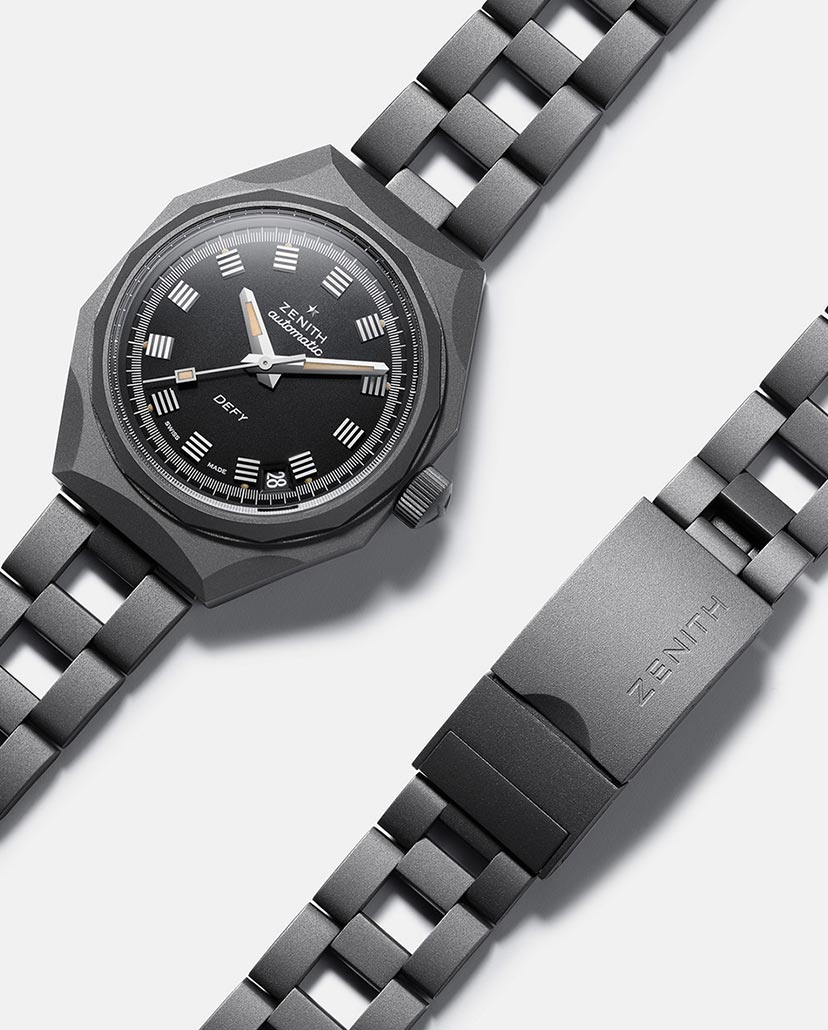
This year will be the 55th anniversary of the El Primero, right? Are there any plans to do anything major to mark that milestone?
What you are counting is more-or-less correct, but what is very important is next year we are celebrating 160 years of the brand. And that is a very important milestone for the brand, as not a lot of watch companies have celebrated 160 years. Even more important is that for the 160 years, we’ve stayed in the same place in the same manufacture. And that’s very unusual. But not many of them are still in the original manufactures.
Hence, to mark 160 years will be much more important for us. We have big plans for that.
There’s a lot of green being seen this this year, for example, the Chronomaster in green at the LVMH watch week this year. A lot of brands are doing green. Do you think it’s the colour of the year?
You know the beauty of the watch industry is that one can adapt quite well to what customers are looking for. This couple of years it has been about green. Before that, it was blue, and before that, slate grey. These are trends that evolve, and that’s how it goes.
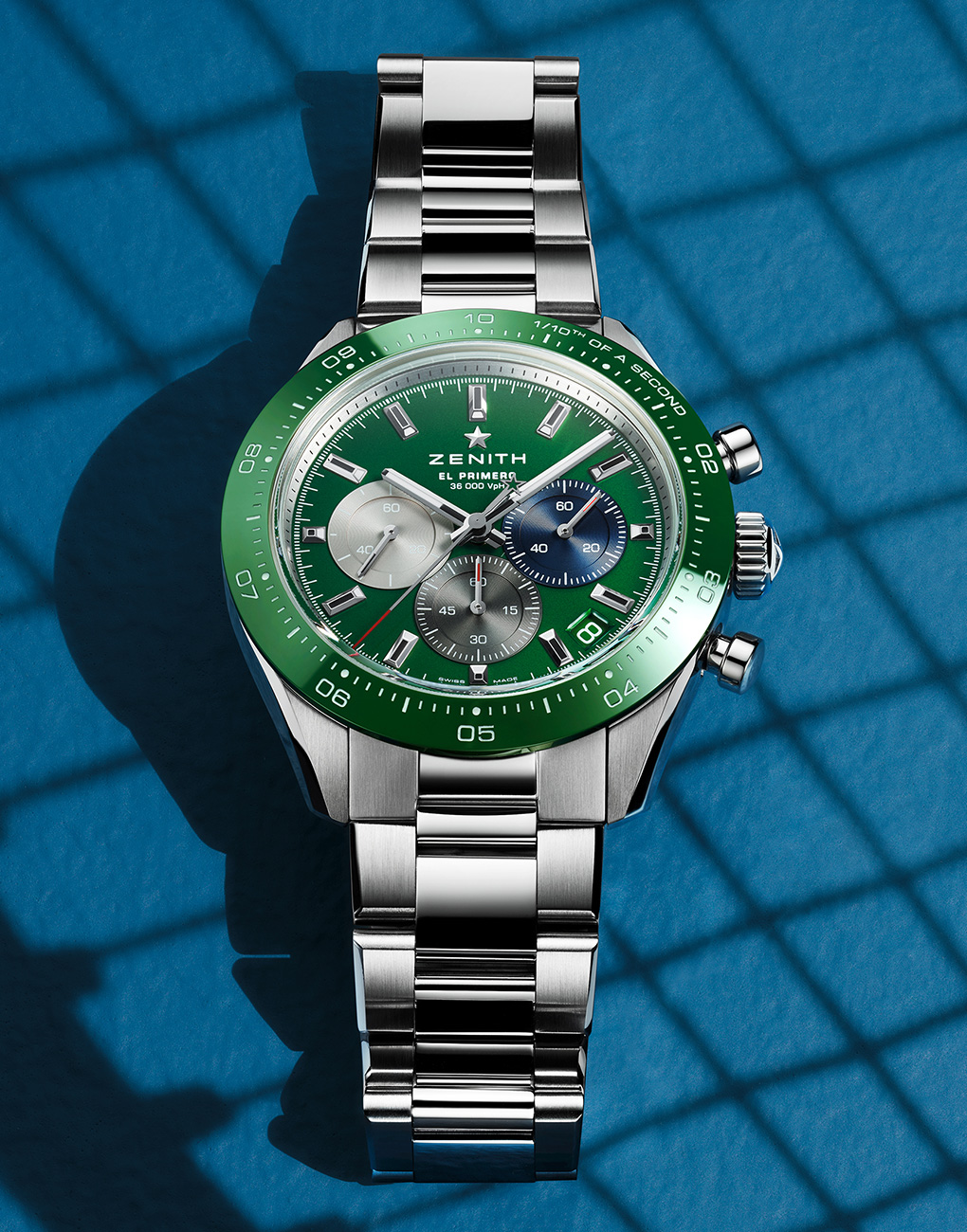
What are the most prominent watchmaking trends you’ve observed over the last couple of years?
In my opinion, I’ve realised that the customer is looking for authenticity. And they’re not falling for marketing gimmicks anymore. They’re looking for quality. And a product has to express something for them, either through the looks or through the emotions it evokes. Today, people have become much more emotionally invested in these special purchases, and COVID most definitely has had an impact on that.
In your new role at the helm of Zenith, what’s your vision for the brand? How do you intend to add your touch to the brand, while remaining consistent with its DNA?
This is a good question. For me, what’s important is the DNA of the brand. I want to maintain that, number one. Number two, I don’t want to destroy all that has been done because Julien (Tornare), my predecessor, has done a very good job. And I will continue on the same lines. Where I will come into the play is I will adapt and I will improve, and I will look for opportunities to continue that momentum. What I will not do, is revolutionise things or drastically change what has been done in the past. Because what’s been has been the right thing to do.
How are you adapting from your previous role (de Clerck was with the Richemont Group, prior to Zenith)? And how does that work, shifting your focus to a different brand personality?
Another good question my friend… The beauty and what’s interesting is that Zenith has always been on my radar. I’ve always followed Zenith and what they’ve been doing before I came on board. So getting into Zenit was not like uncovering a complete mystery. When I was young, my father had a Zenith. And once you’re immersed into the manufacture, you’re talking to people, you breathe it, and you live in the brand. Brands that I’ve worked with before are fantastic as well. Zeniths is also a beautiful brand, and I’m excited for the new challenges, but with the challenges, there are opportunities, and that’s very important to see.
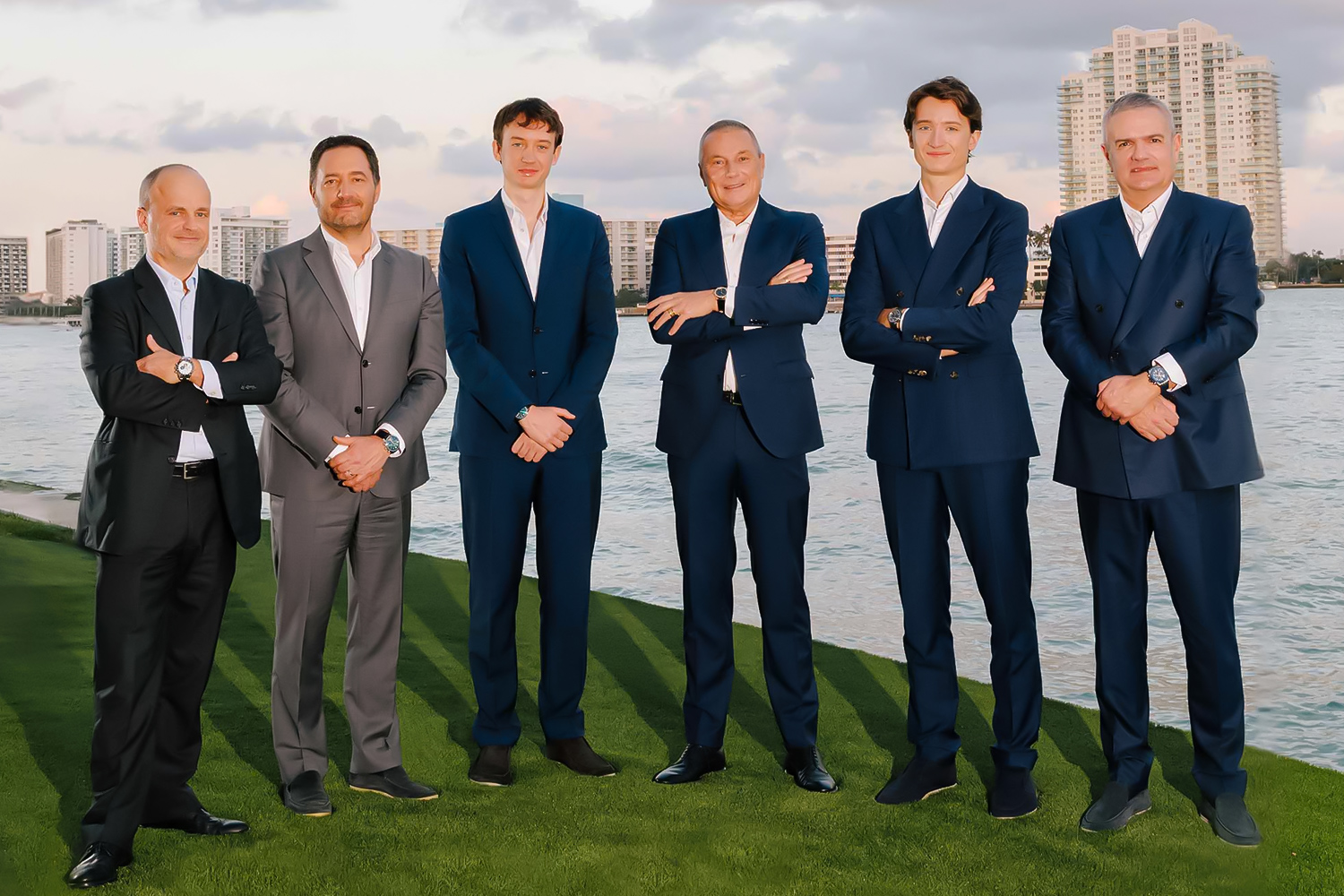
What are the key differences between the Richemont Group and the LVMH Group, now that you’ve seen both from the inside?
These are two great groups, different in their own ways, but they’re both very professional. I’m very happy to be at LVMH. They promote family values, even with the spirit of entrepreneurship. I enjoy that, and I cherish my everyday work, as I encounter these values and live with them.
